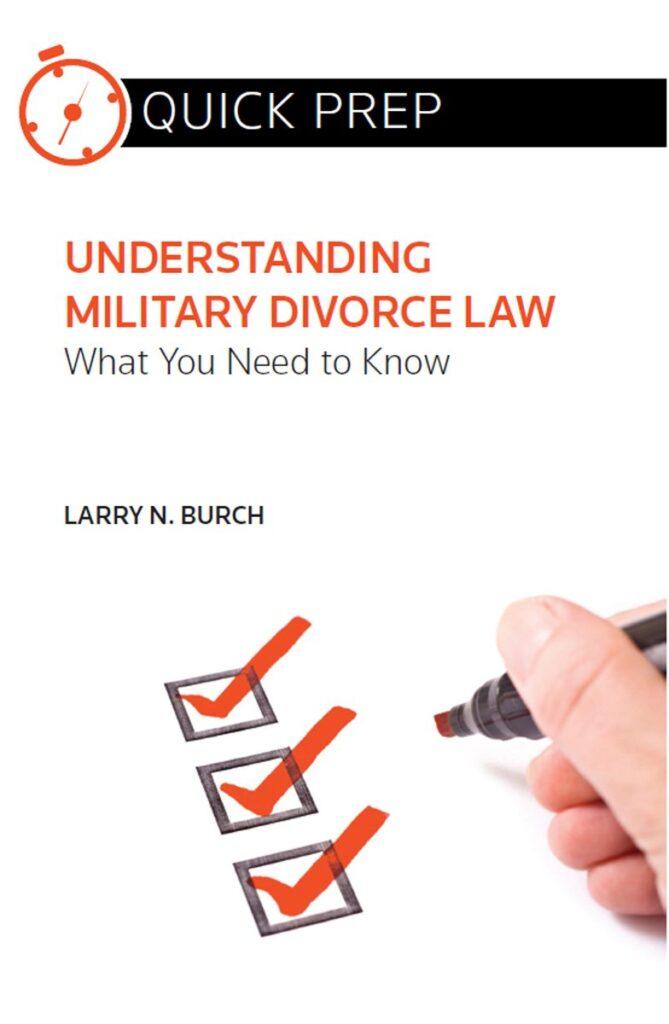An important issue in dealing with a military service member in a family law case is the Service Member’s Civil Relief Act (50 U.S.C. app. §§ 501 et. seq.) [“the SSCRA”] which is a federal law (applicable in every state) that protects the rights of service members while on active duty (or within 90 days of release from active duty). The SSCRA makes it difficult to obtain a judgment against someone who is serving on active duty in the US armed forces. If a service member is unable to appear in court to defend his or her case due to military service obligations, then the judge will allow a continuance (or postponement) until the service member is reasonable available to appear in Court.
There are limits to this protection. If a service member is on active duty in Afghanistan, the Court will continue the proceedings until he or she is back in the U.S. and reasonably able to appear in Court. If the service member is stationed locally, then the case may not be continued. The service member should seek a continuance through his or her legal counsel by providing a copy of the active duty orders as well as a date when he or she will be able to appear in court. The Court will not grant a continuance until the service member retires in 20 years.
Even if the service member does not request a continuance but simply fails to respond to the Complaint, the SCRA still applies. The Court will not enter a judgment against an active duty service member unless the Judge is convinced that the service member’s rights have been protected. If the defendant is in the military, the court will appoint an attorney to represent the service member’s interests called a Guardian Ad Litem. Initially, the plaintiff is required to pay the Guardian Ad Litem’s fees, however, the plaintiff can seek reimbursement from the Defendant, if the defendant was reasonably available but simply did not respond.
The Guardian Ad Litem (or attorney for the missing defendant) will usually request that the case be continued until the defendant is available to appear and defend himself. If the defendant reasonably available to appear at Court, the case will proceed in his or her absence. The court may enter a judgment by default.
If a default judgment is entered against an active duty military service member, the judgment may be reopened if the service member files a request within 90 days after leaving active duty and shows that he or she was not reasonable available and had a valid legal defense. The court may set aside the default judgment and hear the case on its merits. Filing a lawsuit and obtaining a judgment against a person who is on active duty in the US armed forces requires Plaintiffs to jump over a few hurdles but certainly can be accomplished. The SSCRA is designed to protect the rights of service members who are deployed and cannot appear in court. However, it is not intended to be a shield to exempt service members from lawsuits; including suits for divorce, custody and support.





